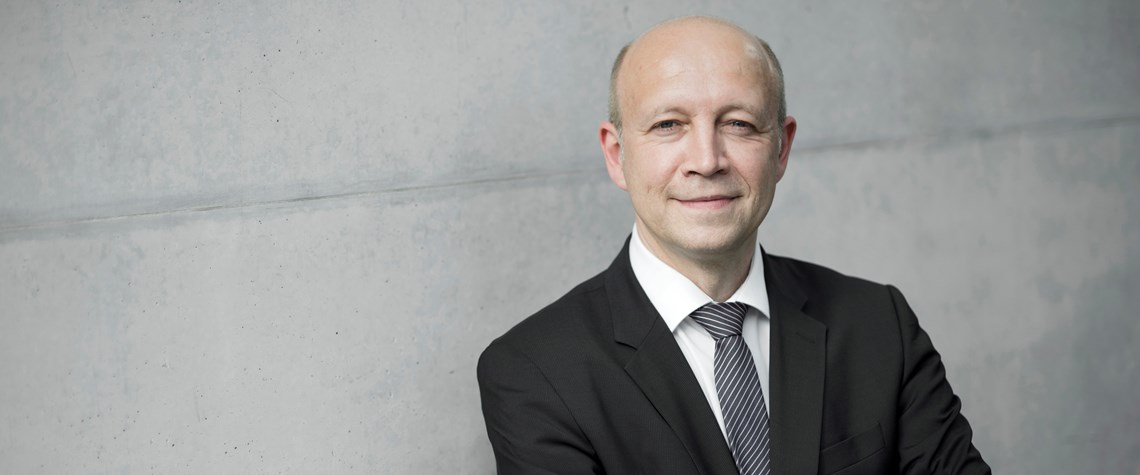1 November 2017
Germany's smart connections
The global energy system is entering a new, more collaborative phase. And Germany is leading the change, explains Andreas Kuhlmann, Chief Executive of the Deutsche Energie-Agentur (DENA)
Energy transition is entering a new phase. This is especially apparent in countries like Germany, where renewable sources of energy have already gained a considerable foothold in the market. The question now is, how do we get all the different parts of the energy system connected in a smart way? And how do we foster innovation that serves this cause? The term "energy transition"—or Energiewende as we say in German—refers to a major change in our energy system. In Germany, it started at some point in the 1980s, through developing alternative energy scenarios and producing power from wind and solar. A real push came in 2000, when Germany passed the feed-in tariff law—known as the Renewable Ene

Also in this section
24 February 2026
As Europe marks the fourth anniversary of the Russian-Ukraine conflict, EU efforts to tighten sanctions on Moscow have stalled
24 February 2026
Energy security continues to evolve as a strategic priority amid growing geopolitical tensions highlighted by increased volumes, a new energy law and persistent secrecy
24 February 2026
Sustained low temperatures have depleted storage levels and exposed the EU’s vulnerability to shocks even as the bloc moves ahead with phasing out all Russian imports
23 February 2026
The country’s upstream players have demonstrated resilience to low oil prices and are well positioned to prosper despite a volatile market







